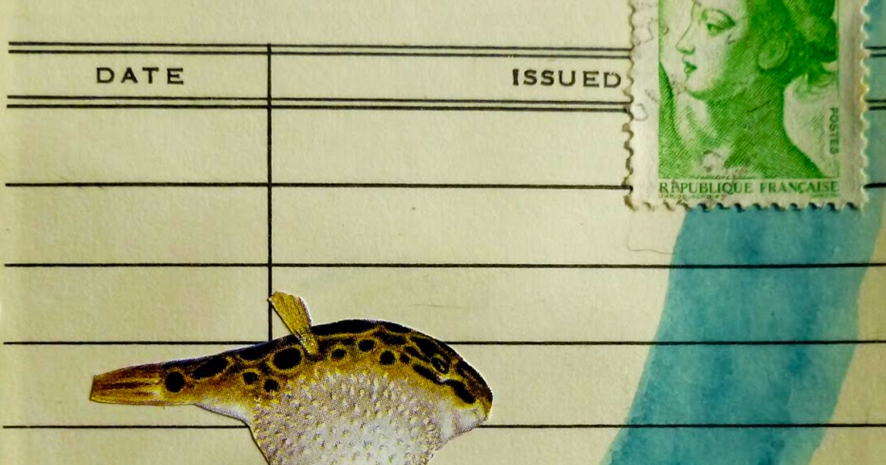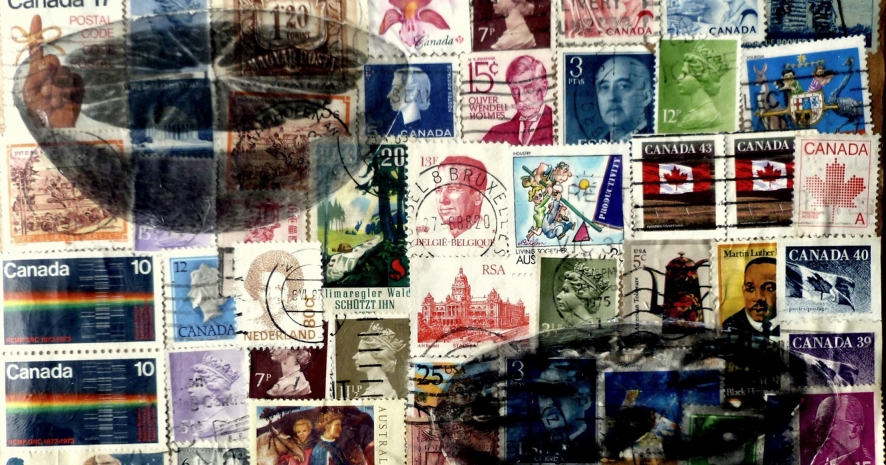New Approaches, Methods, and Topics in the History of Science
Historical epistemology has long been a guiding principle of research at the Max Planck Institute of the History of Science, Berlin. Its historical epistemology has developed into four major directions: evolutionary and structural issues (Dept. I), naturalization of concepts (Dept, II), objects and materials (Dept III, Rheinberger, retired), and action and agency (Dept. III, Schäfer). With this series of three workshops the Institute is looking ahead, asking major voices in the field to unfold their view to the most promising directions in the history of science.
All events in this workshop series invite participants to probe into new conceptual and methodological frameworks that have been developed recently to research the complexities of interactions between epistemic, economic and political structures. Participants are asked to present their view on the challenges and/or chances of research on “political epistemology” for the history of science: What are the dynamics of scientific and sociopolitical development and in which way can their interaction—and the way in which it transforms both—be understood? How should it be pursued, which methods can be applied and what topics are of concern?
The term "political epistemology" highlights the role that social and normative conditions—political, economic, cultural—play in knowledge production and exchange. There is an urgent need to understand the political and economic conditions and the normative assumptions under which such knowledge was historically generated and enacted. It is obvious that these social conditions create the framework within which science is supported, valued and rewarded, taught, censored, or monopolized. But it is less clear how this framework shapes the knowledge produced under its constraints: what is known (and not known), how it is known, and how long it is known. Knowledge has an intrinsic political dimension.
The dynamics of scientific and sociopolitical development interact in ways that transform both. This is not only a matter of, for example, political ideologies colouring scientific claims, or of scientific innovations triggering political controversies—themes already intensively studied by historians and sociologists of science. It is also a matter of what is deemed to be genuine knowledge—its sources, methods, evidence, and forms—in short, its normative conditions and consequences. The question of how the political dimension and, thus, questions of power can be more systematically included in the historical analysis of knowledge production is still open to debate.



